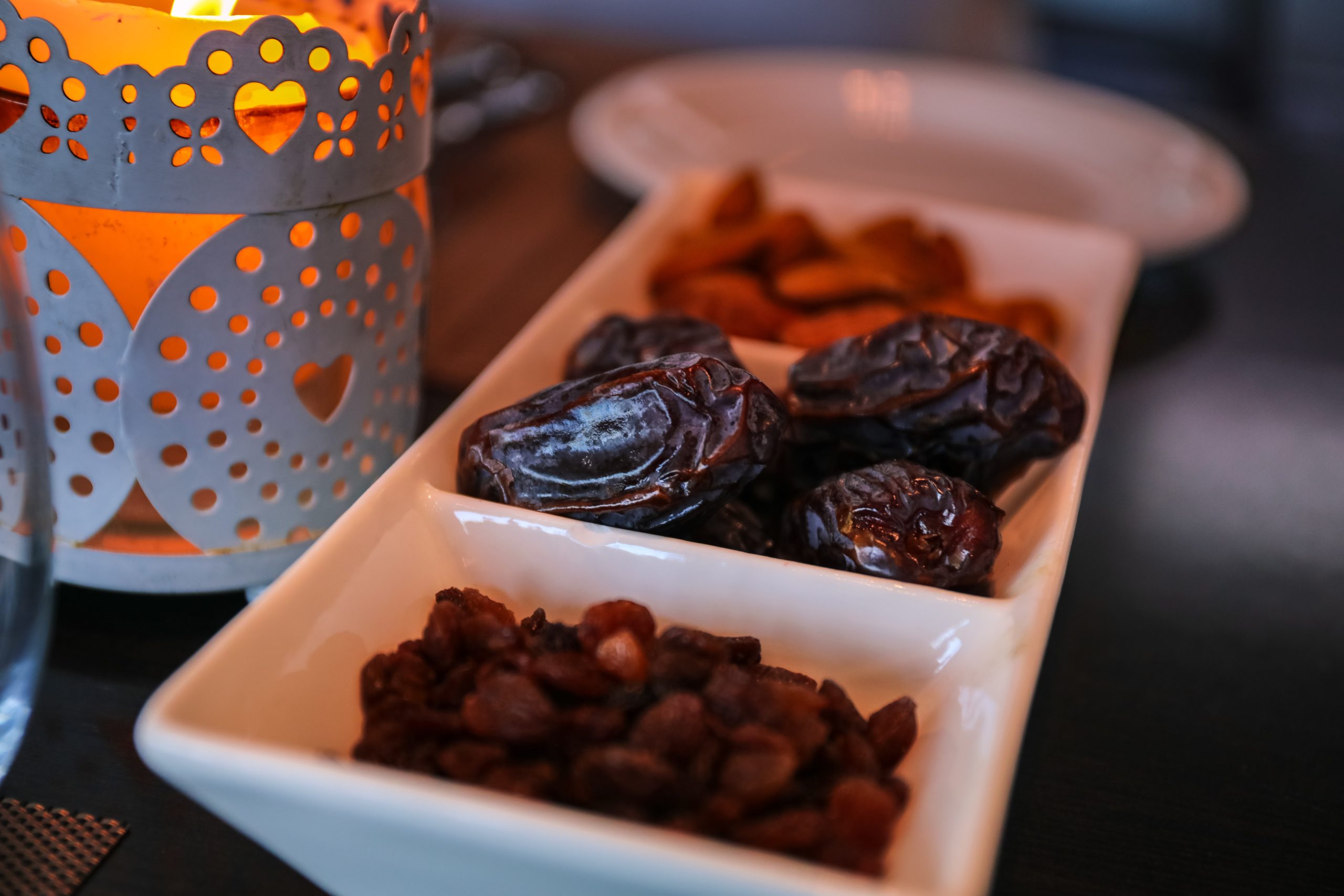Ramadan, explained
Being the multi-cultural country that we are, any festivity in Malaysia is shared. There is a bond that comes from partaking in each other’s religious and cultural observances, for example how Malaysians of all races share a love for Ramadan bazaars, how families host ‘open houses’ to welcome neighbours and friends, and how all cultures have adopted the practice of giving money packets to (ang pau or duit raya) to younger visitors.

Malaysians recognise Hari Raya Aidilfitri, which is celebrated at the end of the fasting month, as the main annual festivity for Muslims. However, many may not even know the significance of the occasion, and why it is the most important event in the Muslim calendar.
As we prepare for the festivities of Ramadan bazaars, buka puasa dinner parties, and Hari Raya feasting and gathering; and whether you celebrate Hari Raya yourself, or you would just like to tumpang-celebrate with your Muslim friends; here are some facts about Ramadan and Hari Raya Aidilfitri so we can better understand and feel closer to our fellow Malaysians and Muslim friends around the world.
What makes Ramadan special (compared to other times of the year)?
The month of Ramadan is the 9th month in the Muslim calendar, and it is believed that it was during Ramadan that the scripture of the Quran was revealed to the Prophet Muhammad. Even in pre-Islamic times, fasting was already practiced by people in Mecca (the birthplace of Islam, a desert valley city in Saudi Arabia) to redeem themselves of sin. Muslims were then later commanded to fast as a practice of spiritual discipline; as a reminder to be grateful for one’s meals as sustenance, to think about the poor and the needy, and most of all to reduce distractions and focus on spirituality and prayer.
Fasting during Ramadan is one of the main pillars of Islam, with the others including prayer, charity, and the act of pilgrimage to Mecca.
What is allowed and not allowed during fasting?
Fasting is not just about refraining from eating food and drinking, the practice includes abstaining from other possibly faith-distracting activities such as smoking cigarettes and sexual relations. (In case you’re wondering, chewing gum, while not really ‘eating’, is not allowed either).
In general, Muslims also believe in observing a heightened level of patience, to avoid any negative actions that can diminish the quality of their fasting practice such as swearing, hurting others whether physically or verbally, and losing one’s temper.
When do Muslims fast (and when are they exempt)?
In simple terms, Muslims fast from dawn to sunset during the month of Ramadan. However, there are exceptions, for example for people who are unwell and need to consume medication regularly, pregnant or breastfeeding mothers, and other cases whereby it can be considered that fasting would be detrimental to one’s health.
Those who may have missed a day or two of fasting during Ramadhan, can also consider ‘replacing’ those days by choosing days to fast after the Hari Raya celebration and before the following Ramadhan.
In Malaysia, Muslims enjoy predictable days during Ramadan, as our average 12 hours of daily sunlight leaves plenty of hours in a day where eating and drinking is allowed. However, there are people who live in parts of the world whereby the days are too long, leaving a very small window of available hours where they can replenish their hunger. In these cases, as fasting for too many hours in a day is likely not sustainable, there are guidance rules whereby Muslims can fast according to the timetable of Mecca, or by following the fasting hours of the closest country whereby night and day are more clearly distinguishable.
What is the significance of Hari Raya that is celebrated after the month of Ramadhan?
Aidilfitri is actually our Malay translation of the Arabic word ‘Eid al-Fitr’ , which literally means ‘Festival (Eid) of (al) Breaking the Fast’. The way Malaysians celebrate this religious festival is mirrored by Muslims all over the world who carry out similar activities, such as gathering with family and community members for sumptuous meals, praying together, gifting money to younger members of the family, and preparing traditional meals, sweets and biscuits.

While the celebration is typically concentrated on the first three days, Muslims can consider continuing with Aidilfitri festivities throughout the whole month of Syawal (the Islamic month after Ramadan). So don’t be surprised if you receive an open house invitation well after the Hari Raya public holidays have passed!
This article got you in the mood for a buka puasa gathering with friends? Order your meal via the Gemspot app and enjoy RM1 delivery within the Klang Valley for distances up to 15km all throughout the Ramadan period! Be sure to check out our listed gifts for this festive holiday as well.
